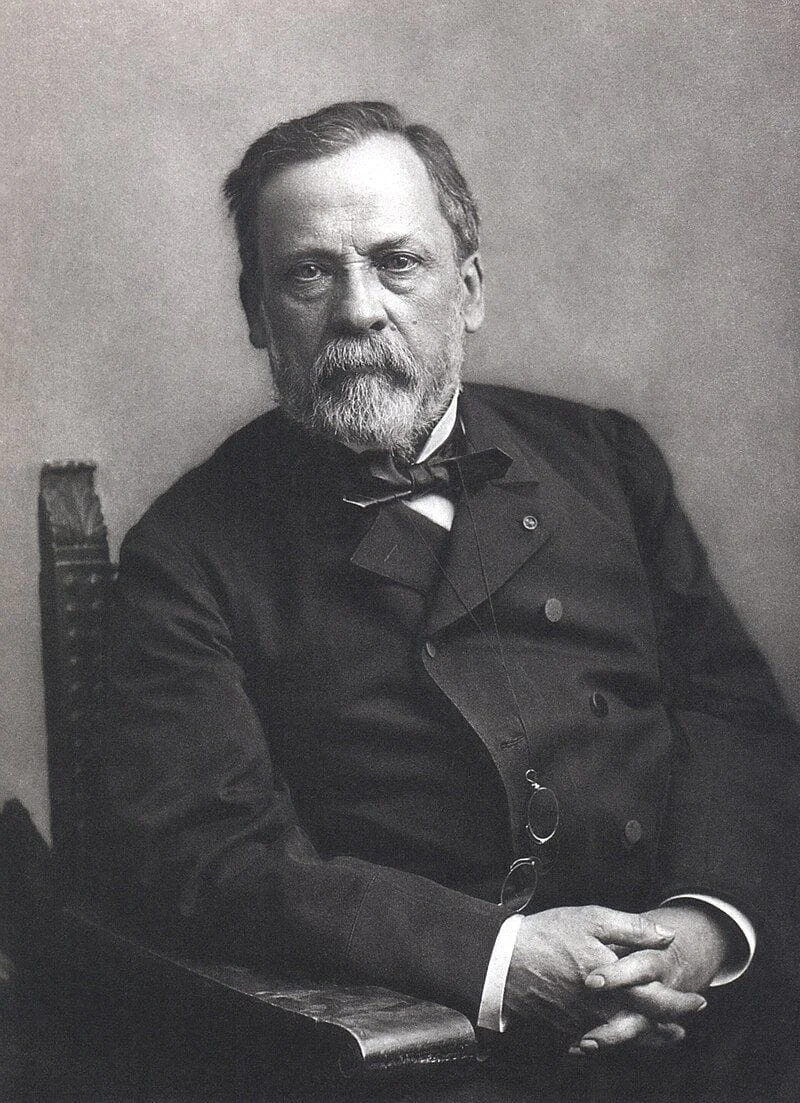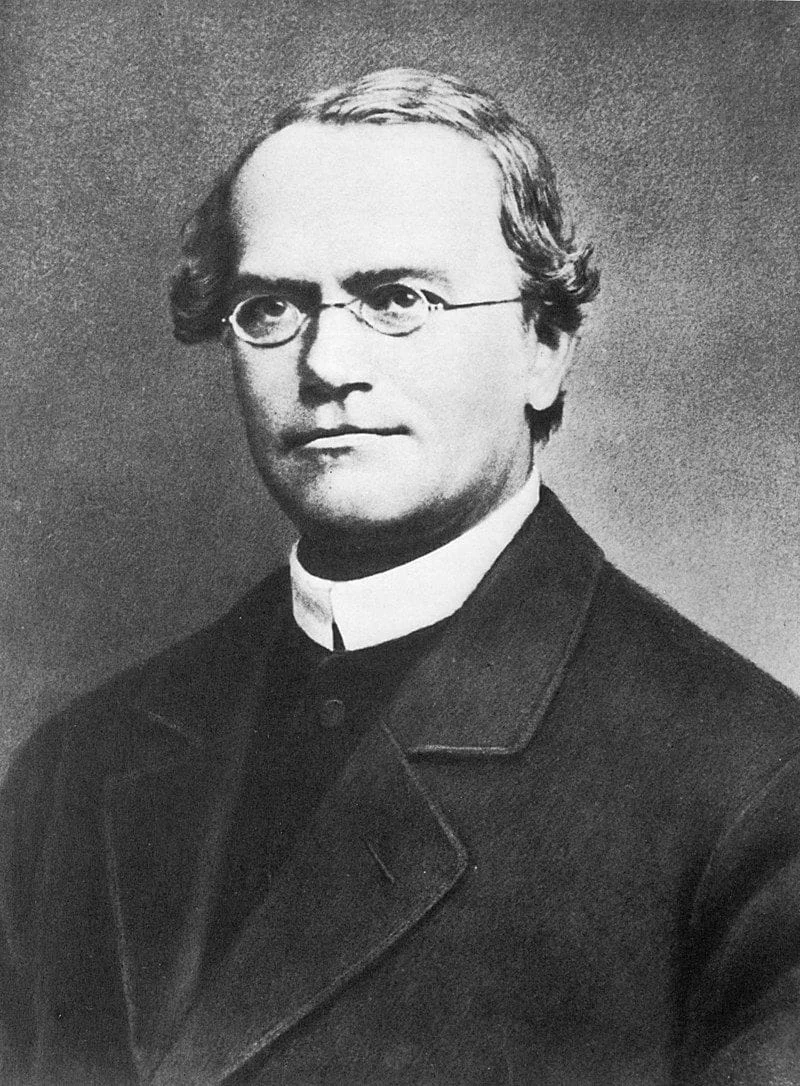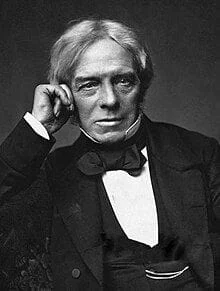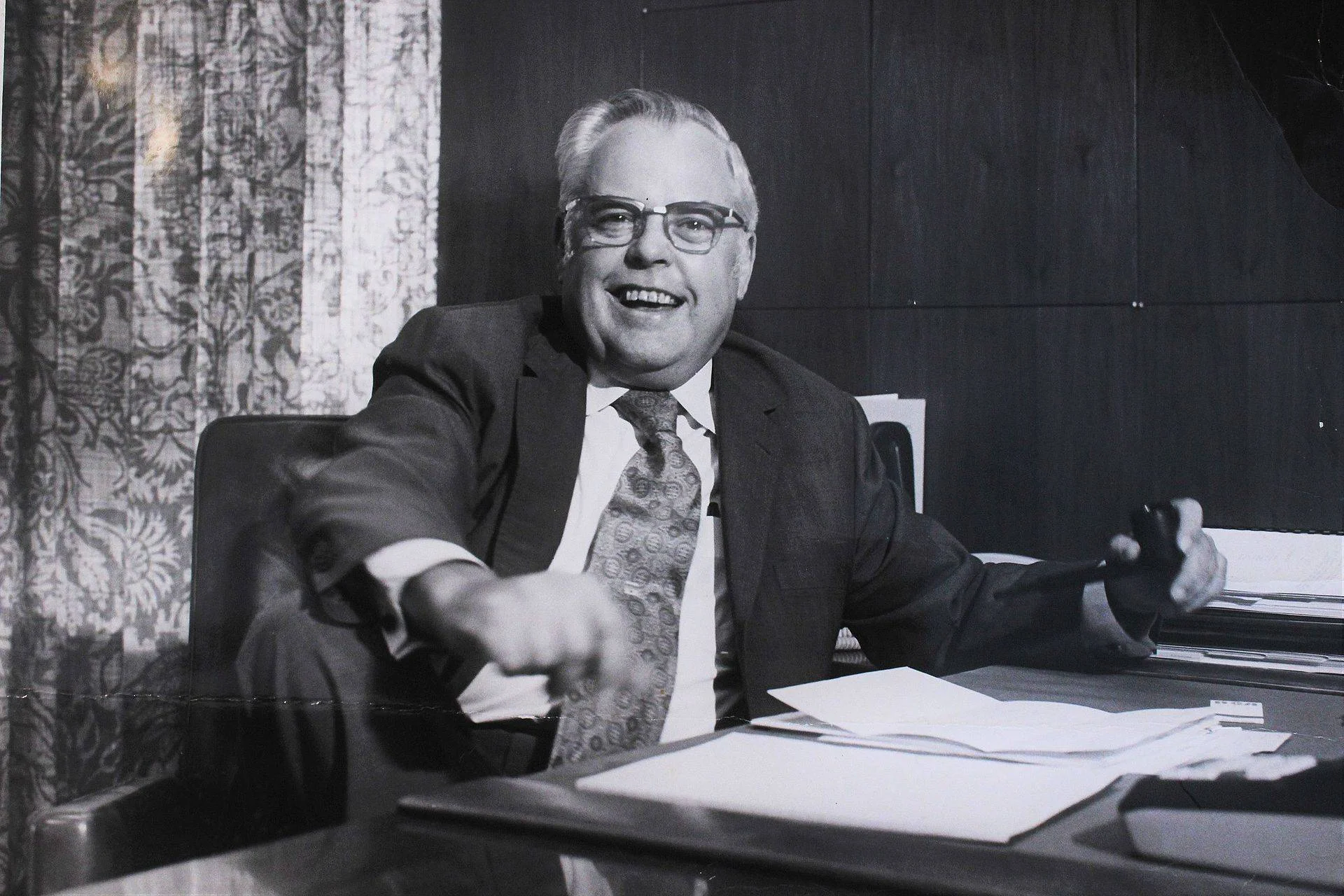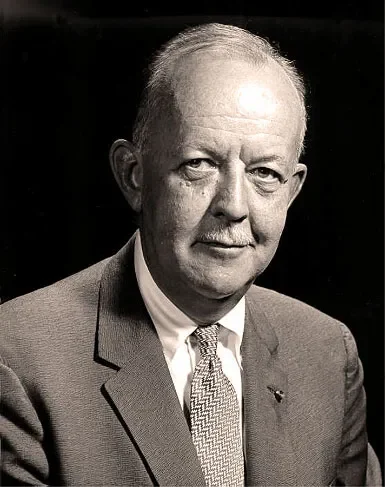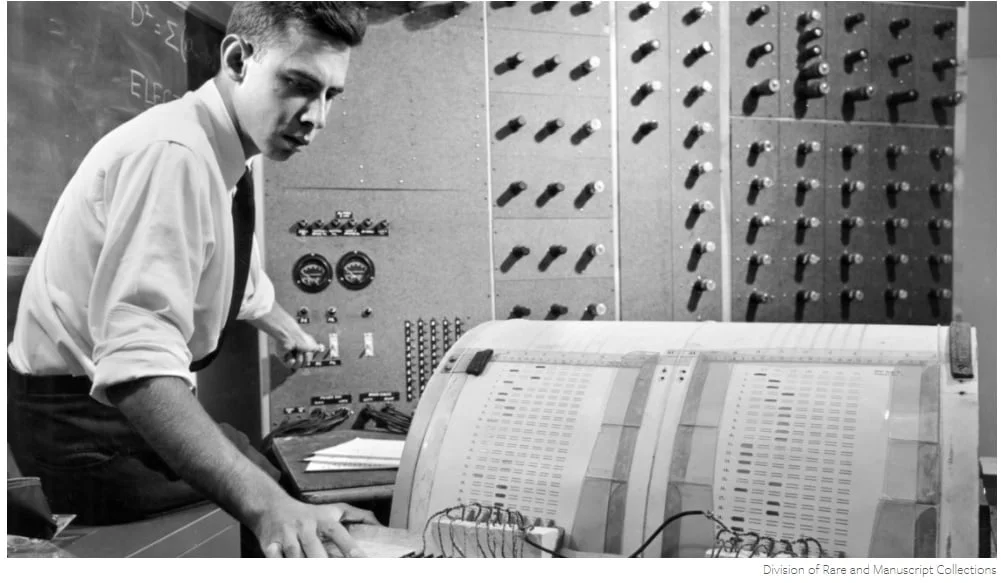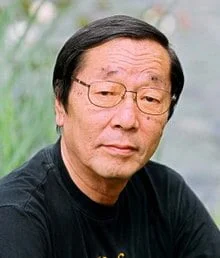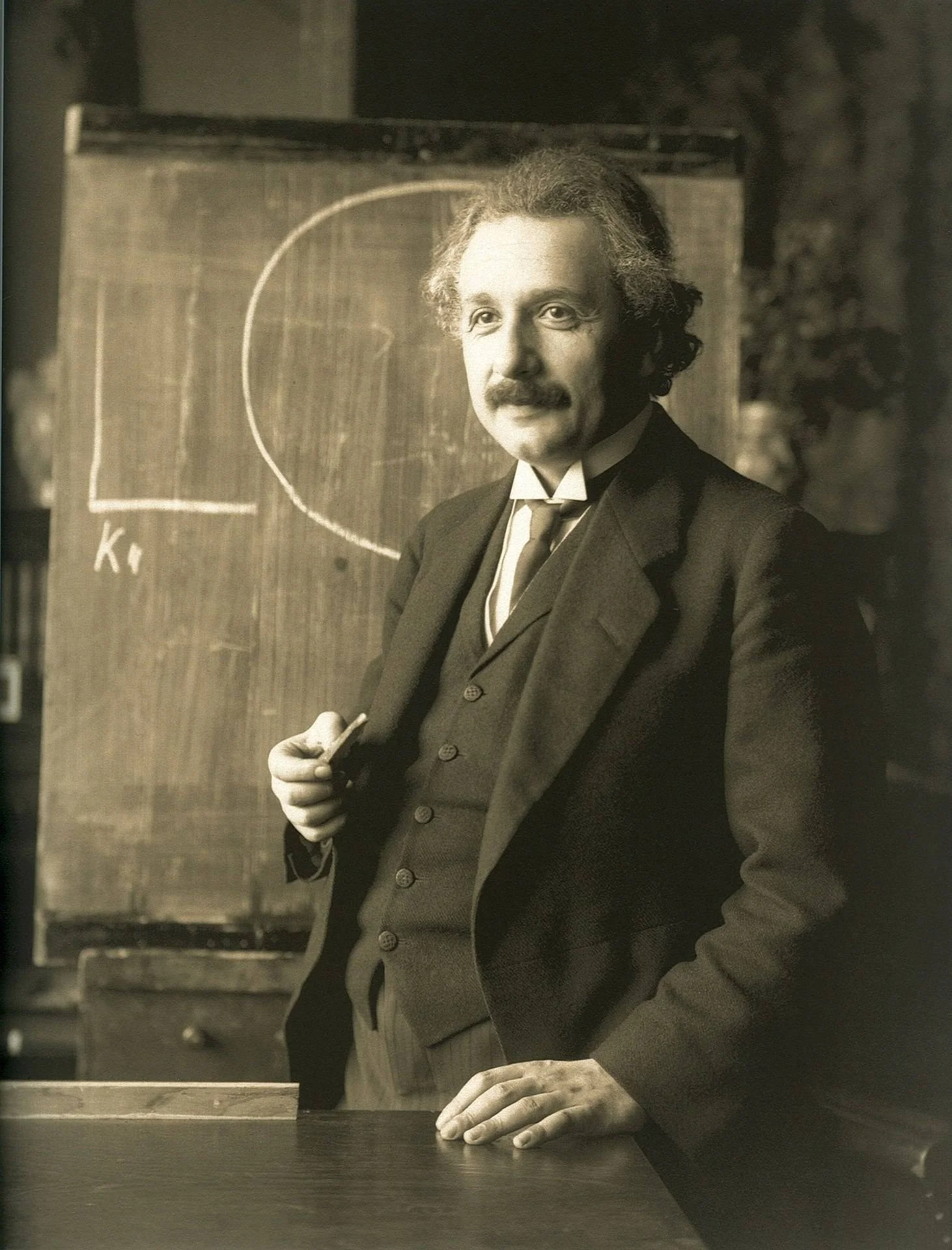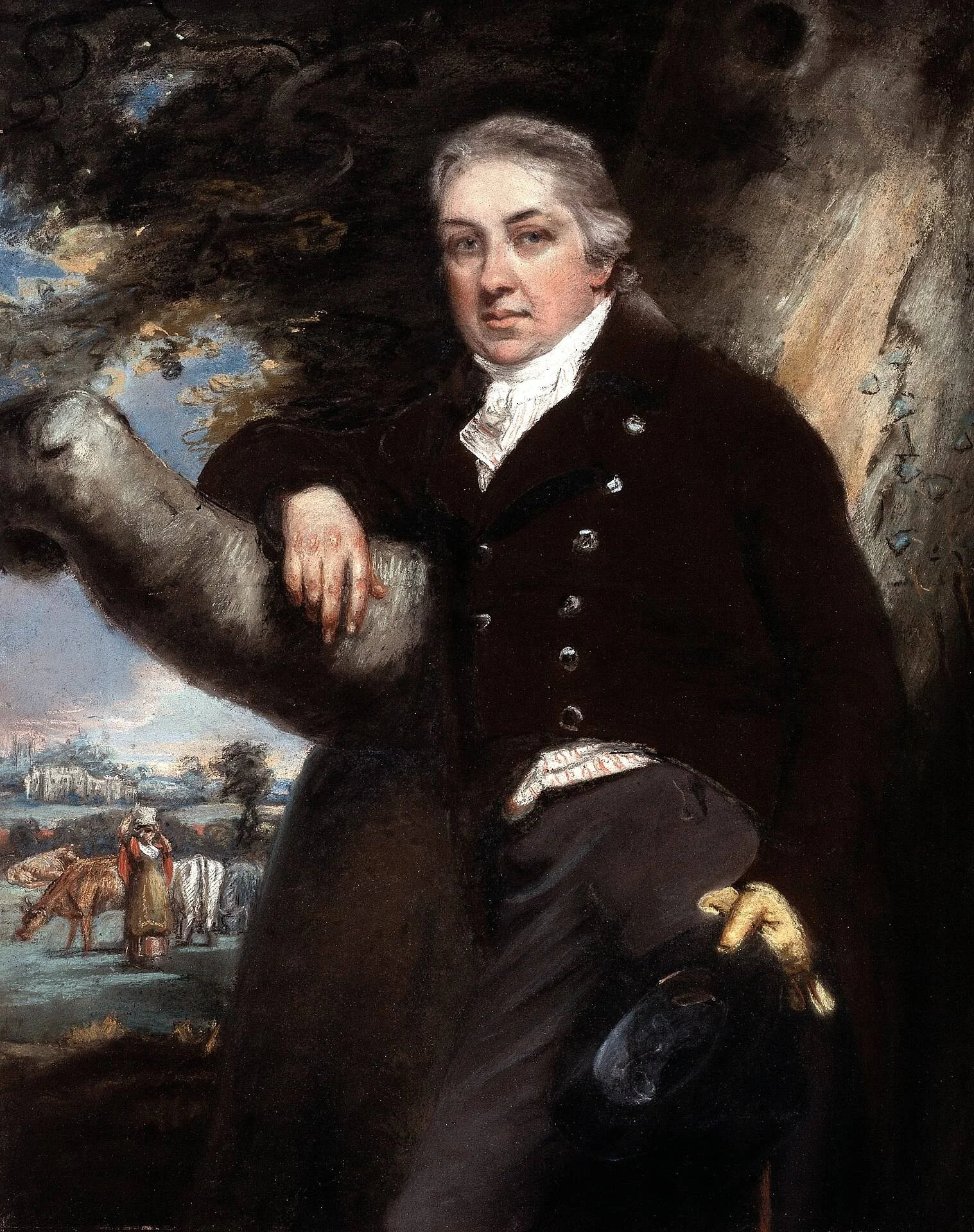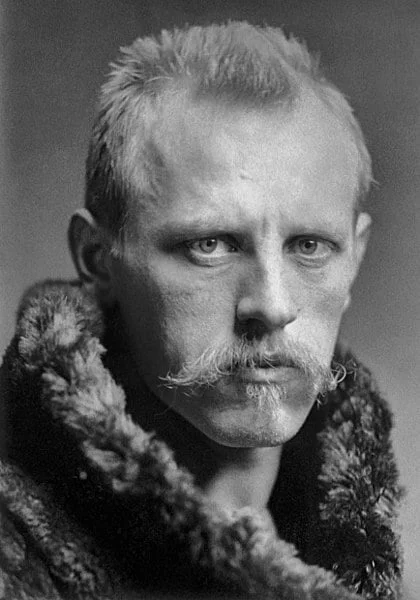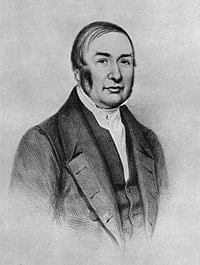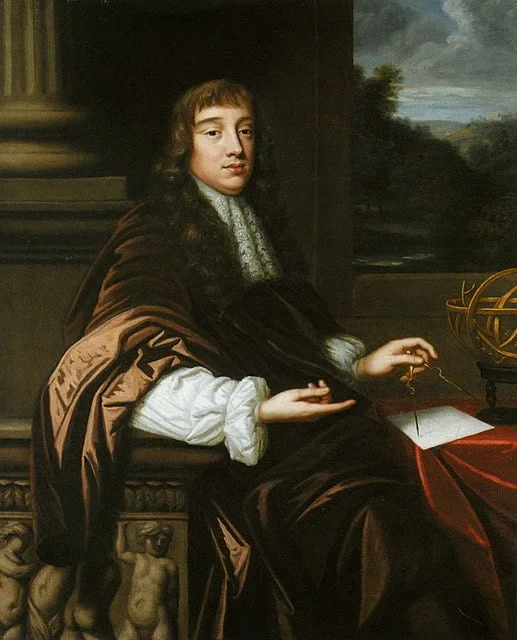Real Celebrities Never Die!
OR
Search For Past Celebrities Whose Birthday You Share
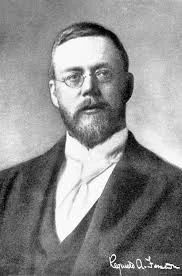
source:britannica.com
James Lovelock
Birthday:
26 Jul, 1919
Date of Death:
26 Jul, 2022
Cause of death:
Old age
Nationality:
British
Famous As:
Environmentalist
Age at the time of death:
103
James Lovelock's Quote's
Early Life and Education
James Lovelock was born on July 26, 1919, in Letchworth Garden City, Hertfordshire, England, to Tom Lovelock and Nellie (née Couchman). His father was a professional gardener, and his mother was a musician. Lovelock’s early passion for science led him to attend the University of Manchester, where he earned a degree in Chemistry in 1941.
Early Career and Work During World War II
After graduating, Lovelock briefly worked in a research laboratory in the UK before securing a research position at Harvard University. At Harvard, he contributed to the development of radar technology, which was crucial during World War II.
Shift to Biology and Ecosystem Research
After the war, Lovelock returned to the UK, working at the National Institute for Medical Research in London. His focus shifted toward biology, where he began studying ecosystems, paving the way for his groundbreaking contributions to environmental science.
The Gaia Hypothesis
In the 1960s, Lovelock proposed the Gaia hypothesis, which suggested that Earth is a self-regulating system where living organisms interact with non-living elements to maintain conditions suitable for life. Although initially controversial, the theory gained widespread acceptance over time.
Books and Further Development of Gaia Theory
Lovelock continued to develop the Gaia hypothesis throughout his career, publishing influential books such as *Gaia: A New Look at Life on Earth* and *The Ages of Gaia.* These works further cemented his reputation as a pioneer in environmental science.
Environmental Advocacy
In addition to his scientific work, Lovelock was a prominent advocate for environmental protection. He spoke out on critical issues like climate change and pollution, warning that human activities were disrupting the Earth’s self-regulating systems.
Recognition and Awards
Lovelock received numerous accolades for his work, including being elected a Fellow of the Royal Society in 1974 and receiving the prestigious Wollaston Medal from the Geological Society of London in 2006.
Controversial Stance on Nuclear Power
While Lovelock earned widespread respect, his advocacy for nuclear power as a solution to climate change drew criticism. He believed that nuclear energy was a safer and more sustainable alternative to fossil fuels in addressing the planet’s environmental challenges.
Final Years and Legacy
Lovelock remained active in his work and writing until his death on July 26, 2021, at the age of 102. His legacy continues to influence the fields of environmental science and sustainability, with his ideas inspiring generations of scientists and environmentalists.
Name:
James Lovelock
Popular Name:
James Lovelock
Gender:
Male
Cause of Death:
Old age
Spouse:
Place of Birth:
Letchworth, Hertfordshire, England
Place of Death:
Abbotsbury, Dorset, England
Occupation / Profession:
Personality Type
Logician: Innovative inventors with an unquenchable thirst for knowledge. He was very innovative and had an endless thirst for knowledge.
Being a lifelong inventor, his creation and development included scientific instruments, some of which were designed for NASA in its planetary exploration program.
James Lovelock was employed for decades with the MI5 which is the British Security Service.
Lovelock created the idea of "sustainable retreat" to outline the adjustments that must be made to human habitation and global settlement to accommodate global warming and prevent its anticipated adverse effects on humanit
American Chemical Society Award in Chromatography (1980)
Arne Naess Chair in Global Justice and the Environment (2007)
Commander of the Order of the British Empire (1990)
Companion of Honour (2003)
Dr A. H. Heineken Prize for Environmental Sciences (1990)
Fellow of the Royal Society (1974)
Norbert Gerbier–MUMM Award (1988)
Tswett Medal for Chromatography (1975)
Volvo Environment Prize (1996)
Wollaston Medal (2006)






